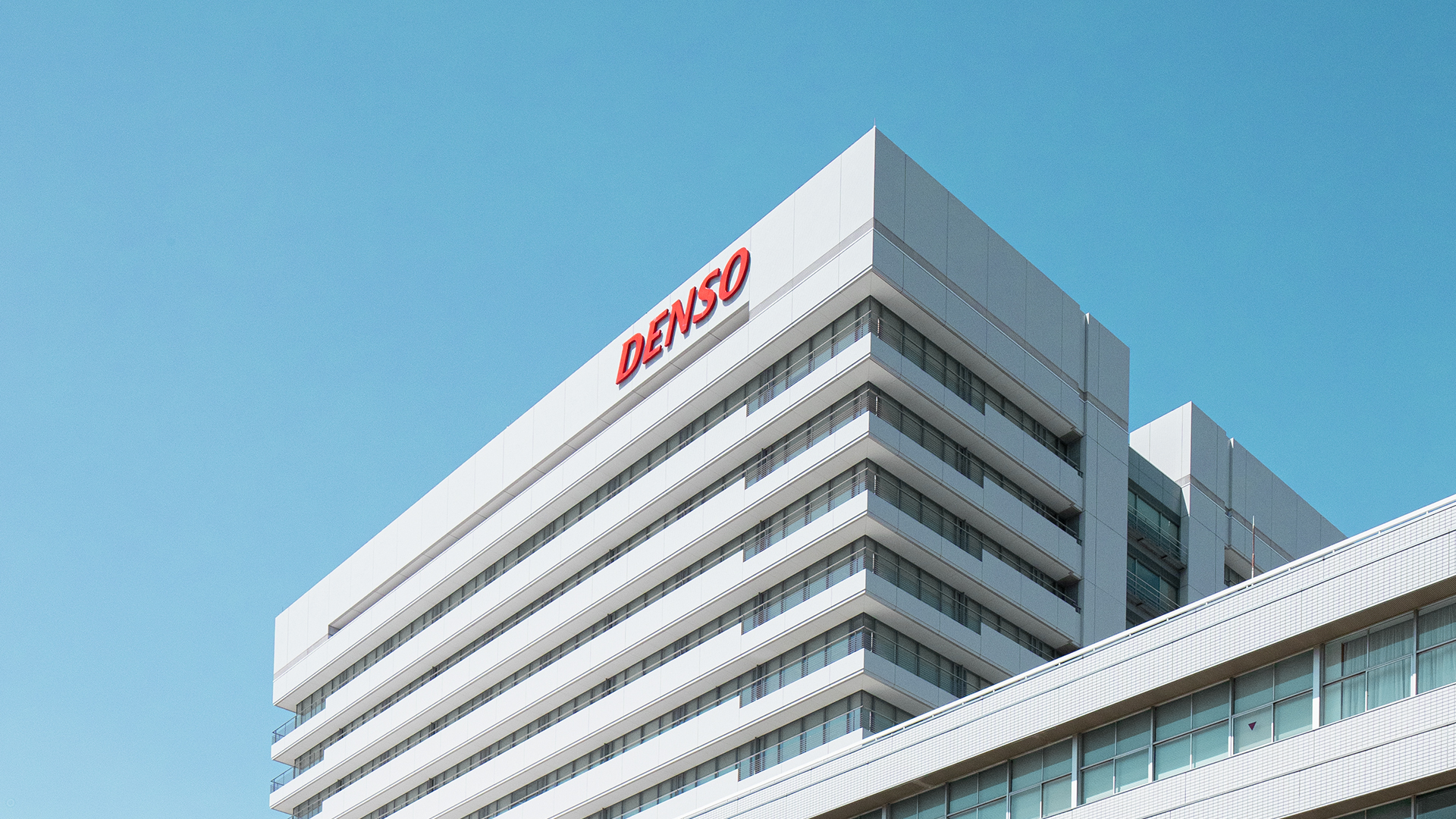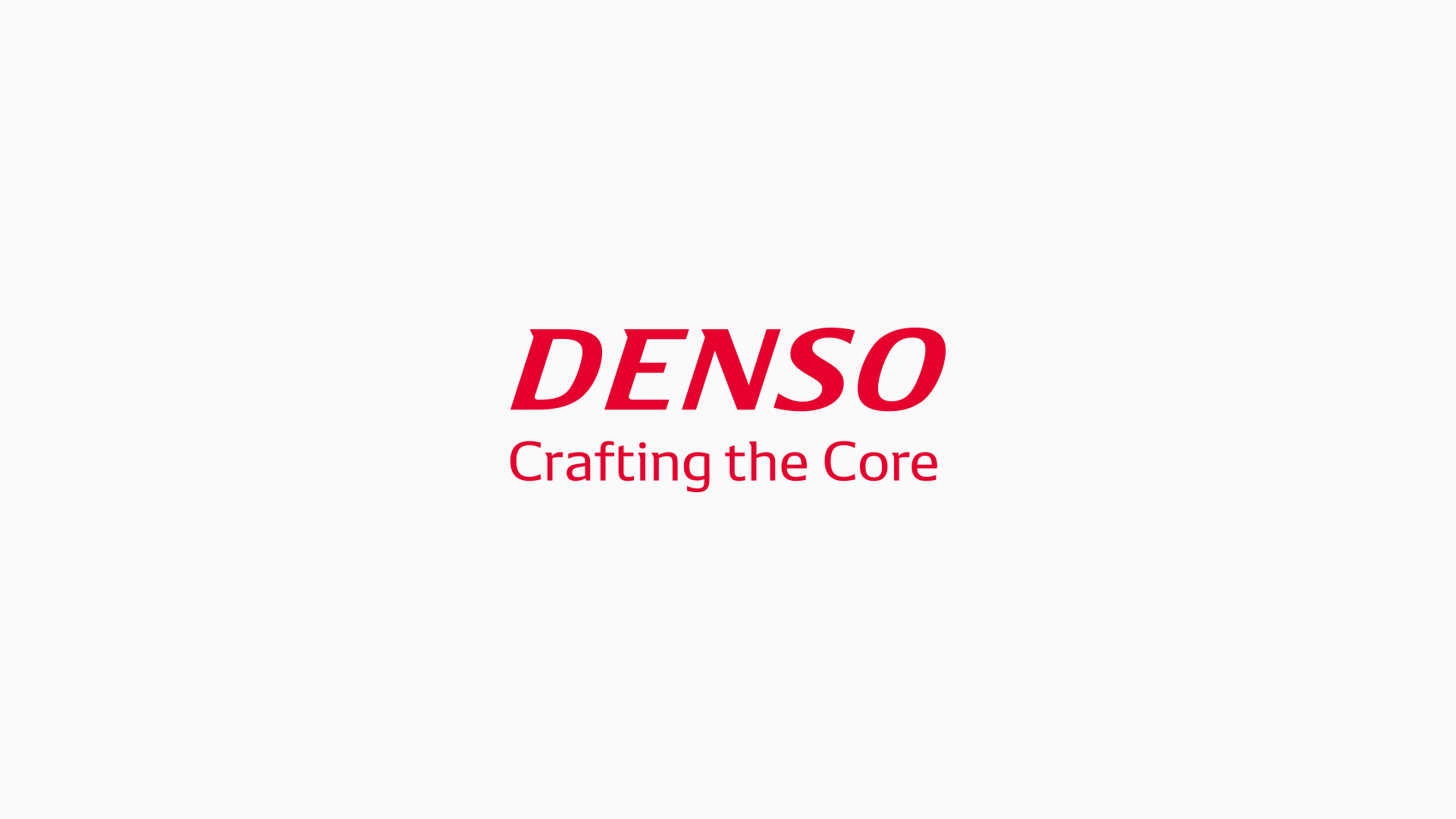
Environmental Management in Production (Eco Factory)
Basic Stance
DENSO has worked to implement measures against global warming, reduce the loss of resources, and decrease the use of chemical substances by means of various proprietary techniques. In particular, we believe in the importance of energy conservation and energy conversion as measures to counter global warming. Specifically, this means reducing fossil fuel consumption and promoting a shift to renewable energy sources with the aim of realizing carbon neutrality at our plants.
Based on this concept, DENSO charges departments according to their energy consumption (direct-charge system) and implements a system of Just-in-Time (JIT) energy to supply only the required amount of energy when needed. Furthermore, with the aim of promoting energy-saving capital expenditures, DENSO introduced internal carbon pricing (ICP) in fiscal 2022 and began utilizing ICP in its decision-making criteria for investments.
In addition, we created the Denso-Environmental Performance Communicator (D-EPC) that can swiftly tabulate environmental data from production sites worldwide. We are using it as a management tool from the perspective of environmental governance.
Specific Initiatives
Evolution of the Eco Factory
At DENSO, we formulated Eco Factory Guidelines targeting the entire Group in 2007 and have been promoting them ever since. In 2016, these guidelines were updated and promoted as DENSO Group Production EMS.
While sharing objectives that must be achieved throughout the Group, we will maintain our position as a global leader in environmental management based on four perspectives.
| Four Perspectives | Policies |
|---|---|
| Eco management | Development of structure befitting an eco-friendly company |
| Risk control | Steady prevevtion of unfavorable impact on the surrounding environment |
| Performance | Improvement of environmental performance indicators such as for waste and CO2 emissions |
| Coexistence with nature | Active contribution to external initiatives as an environmentaly leading company |
Risk Minimization (Example)
We have established a total of 80 categories that include four perspectives in the five areas of wastewater, oil and chemicals, the atmosphere, noise, and waste, for risk control, an essential element for DENSO Group Production EMS. The EMS will be operated in line with the Global Common Guidelines, which have established five stages of activity levels in each region.
Eco Factory Concept
Aiming to Realize Carbon-Neutral Monozukuri
As we have been steadily promoting initiatives aimed at realizing our targets for 2025, based on the DENSO Eco Vision 2025, there has been an accelerating shift in global society from aiming for a low-carbon world to a carbon-free one.
This accelerated shift has had a major impact on DENSO’s product development and production, and, as such, we have raised the targets we aim for with our initiatives to reduce CO2 emissions to an even higher level of carbon neutrality.
Going forward, we will continue to strengthen our energy-conservation activities, which we have promoted with high priority. At the same time, we will contribute to the realization of a carbon-neutral society through such efforts as the shift to electricity derived from renewable energy sources and the establishment of technologies to capture, recycle, store, and reuse CO2.
With a view toward achieving Groupwide carbon neutrality by 2035, in FY2022, we realized carbon neutrality at the Anjo Plant. In FY2023, we achieved carbon neutrality at the Nishio and Hirose plants and at DENSO FUKUSHIMA CORPORATION, as well as within our Monozukuri activities across all of Europe.

















